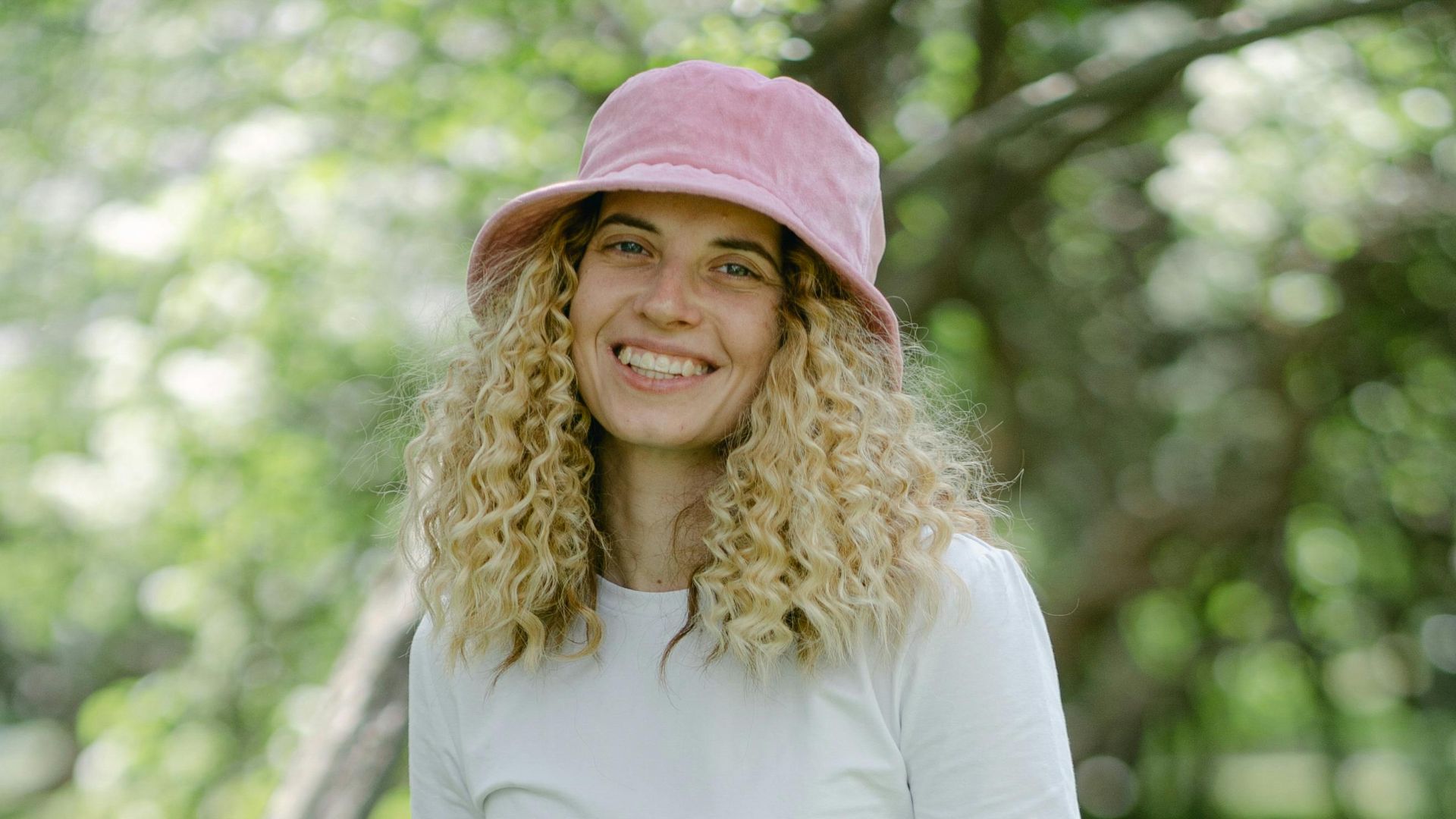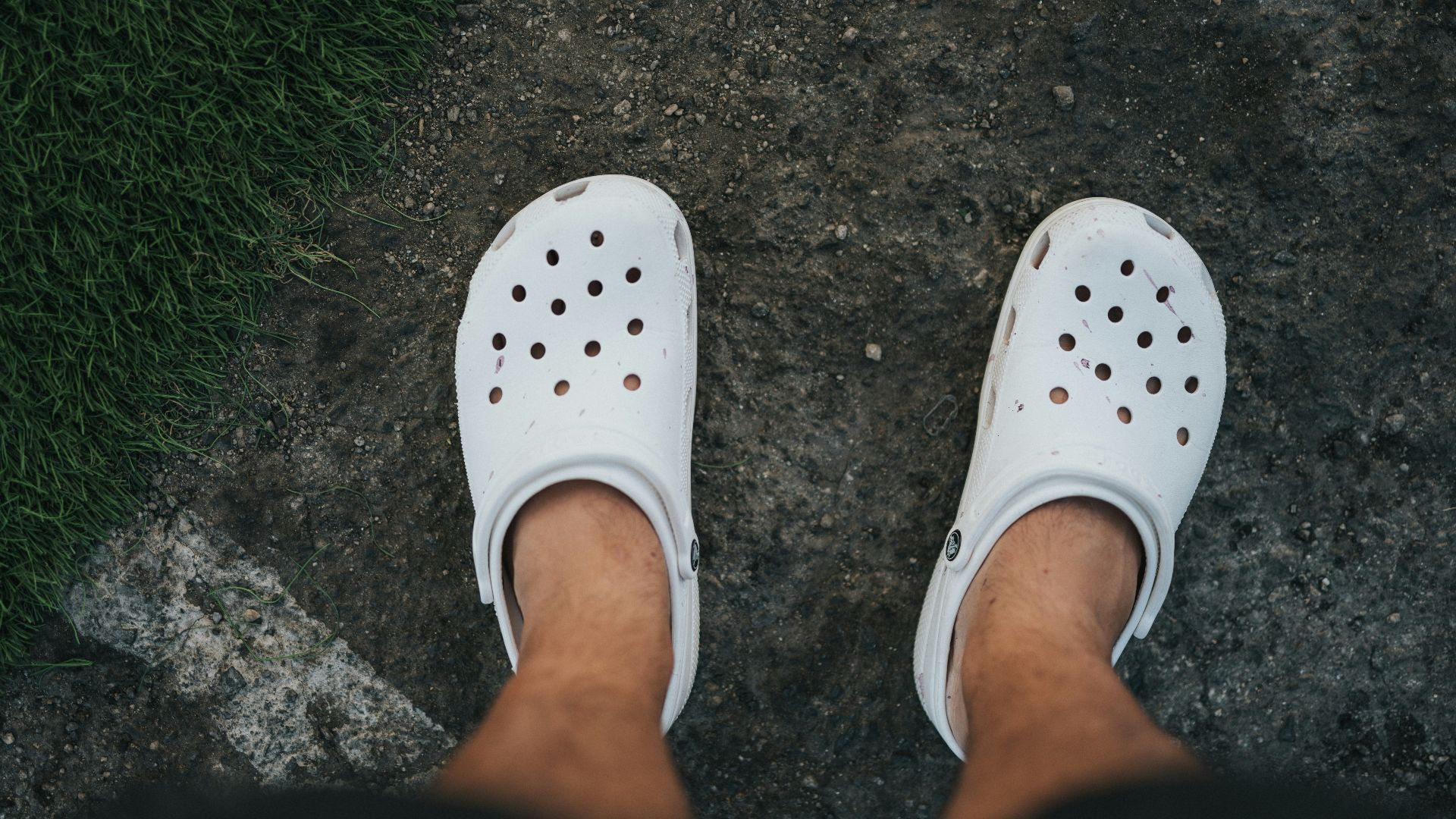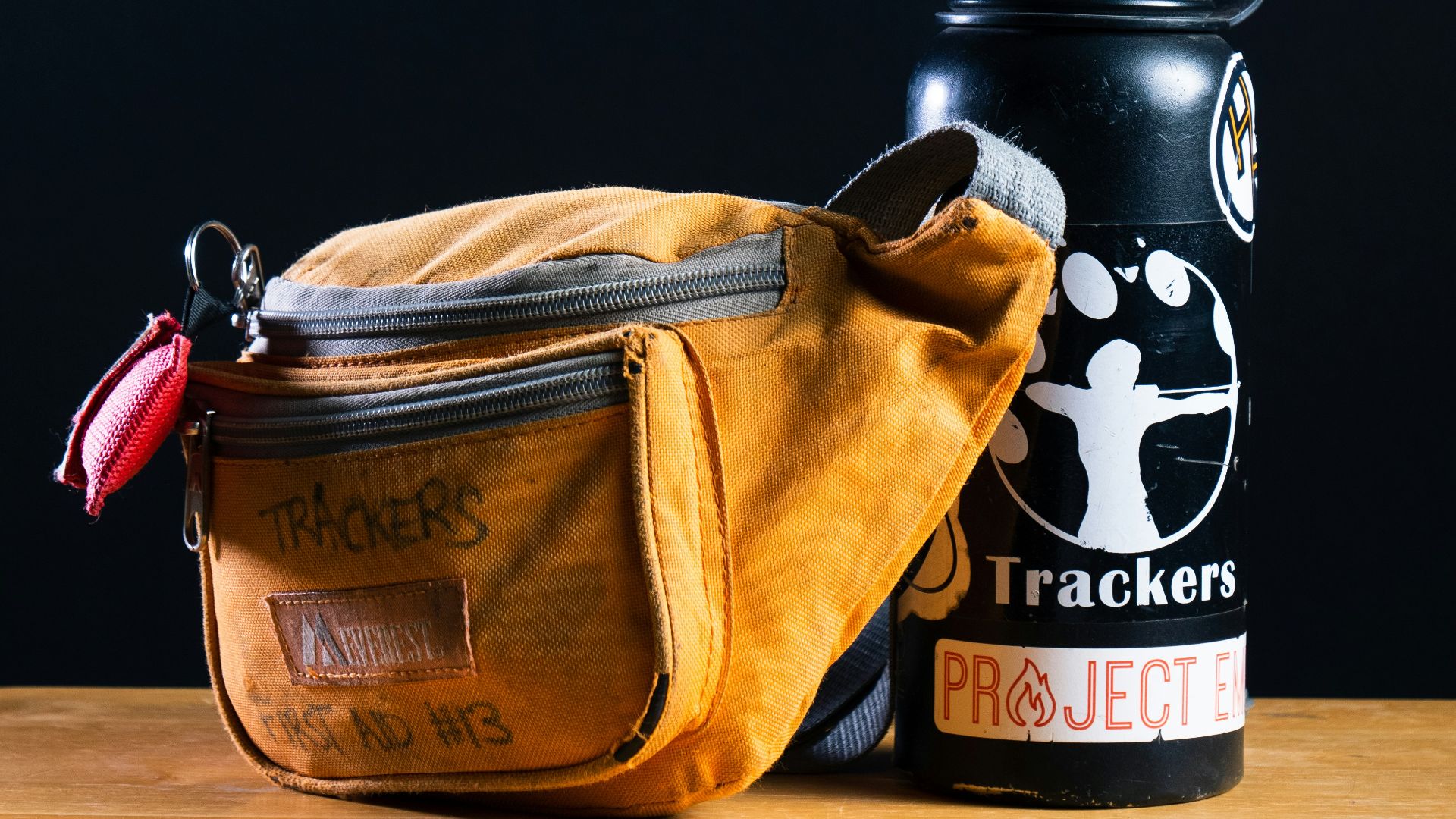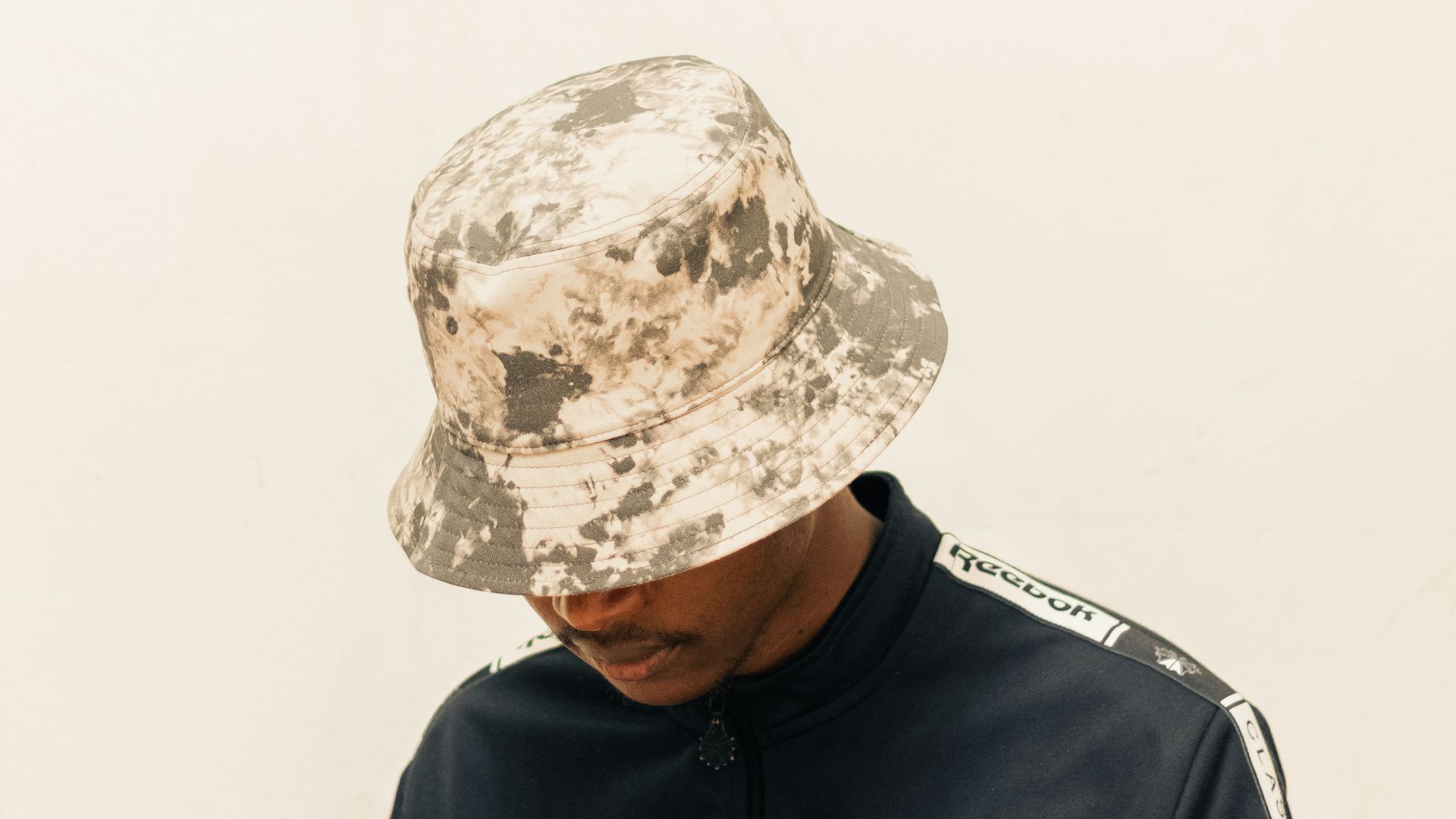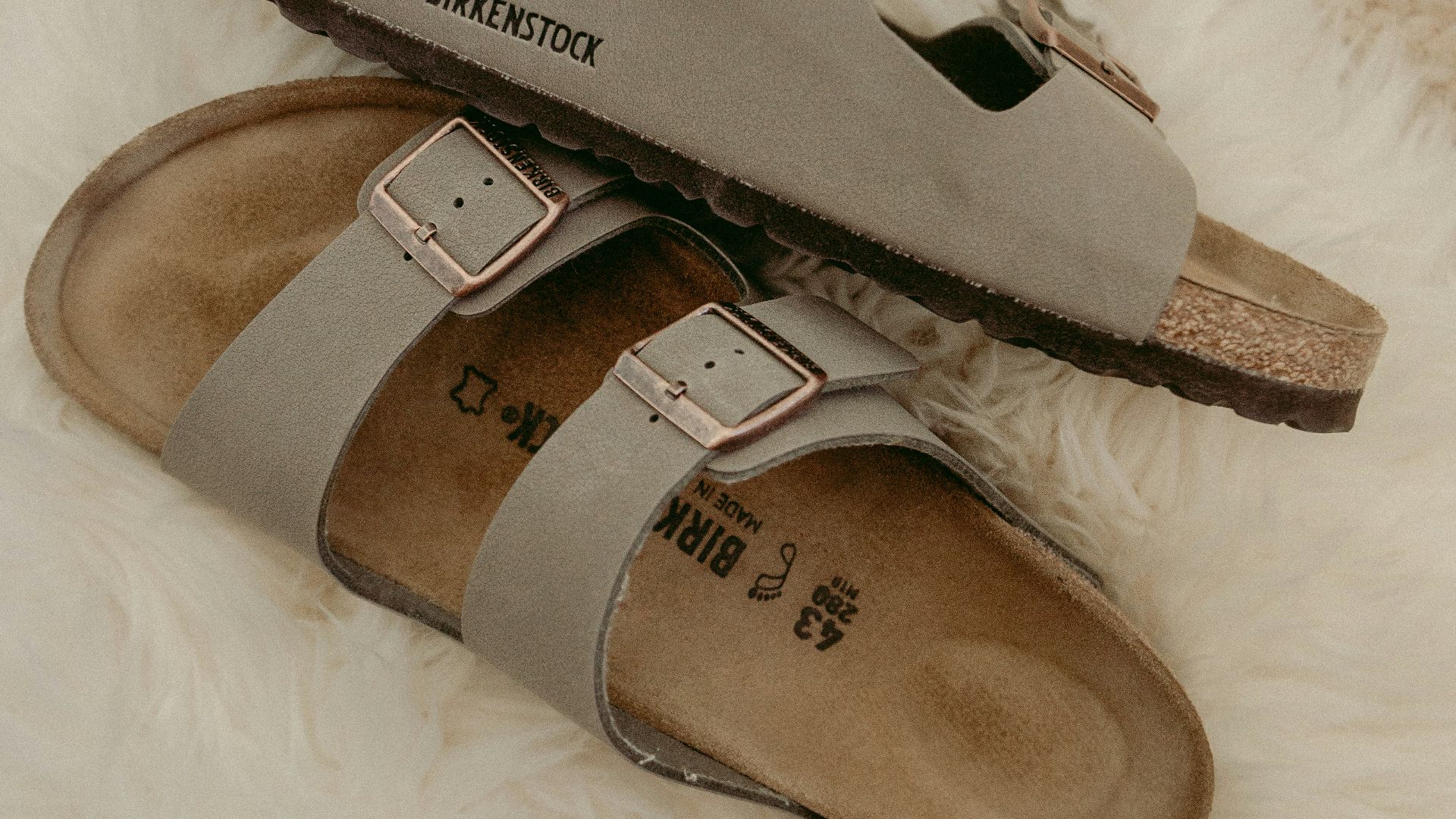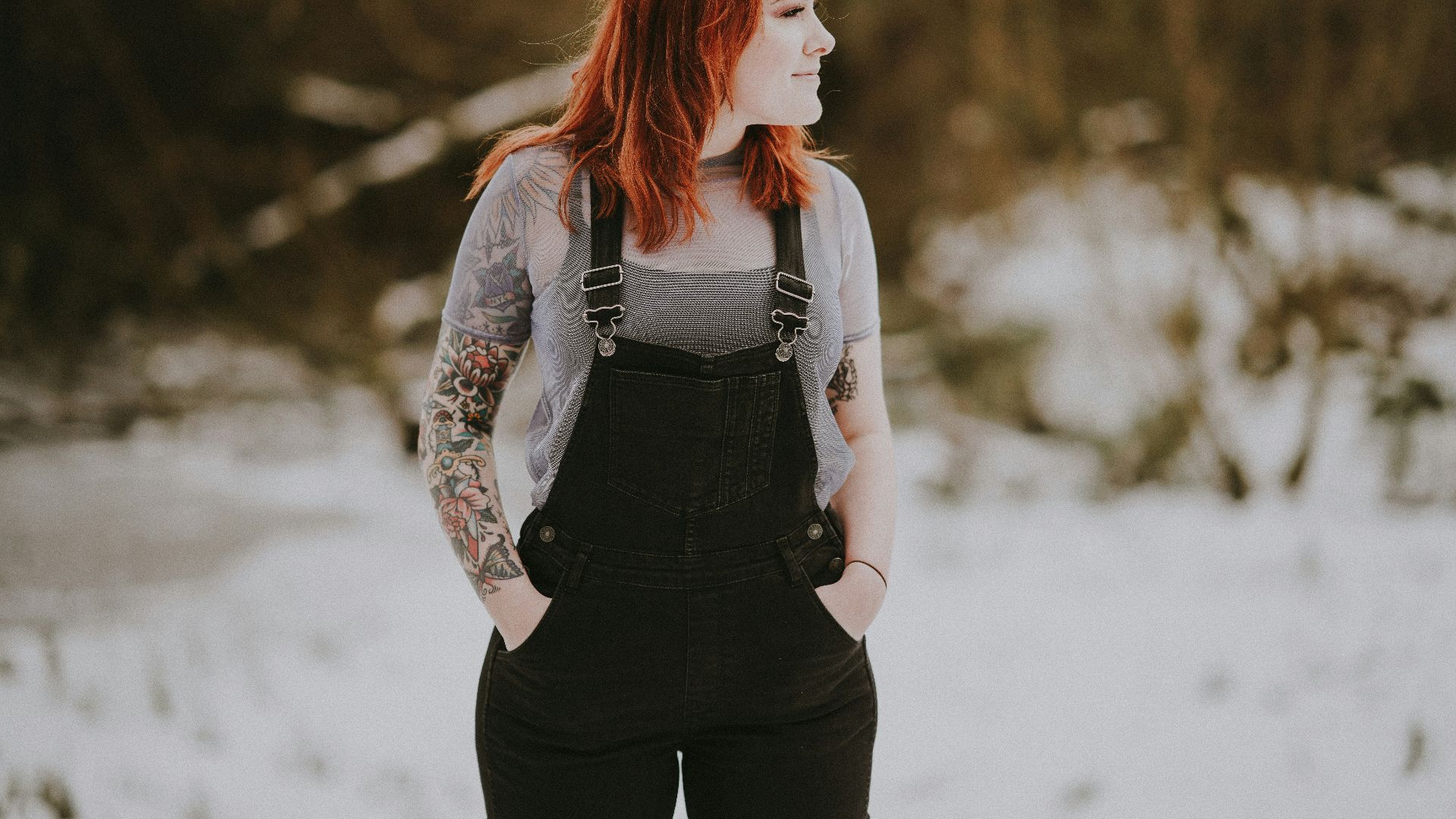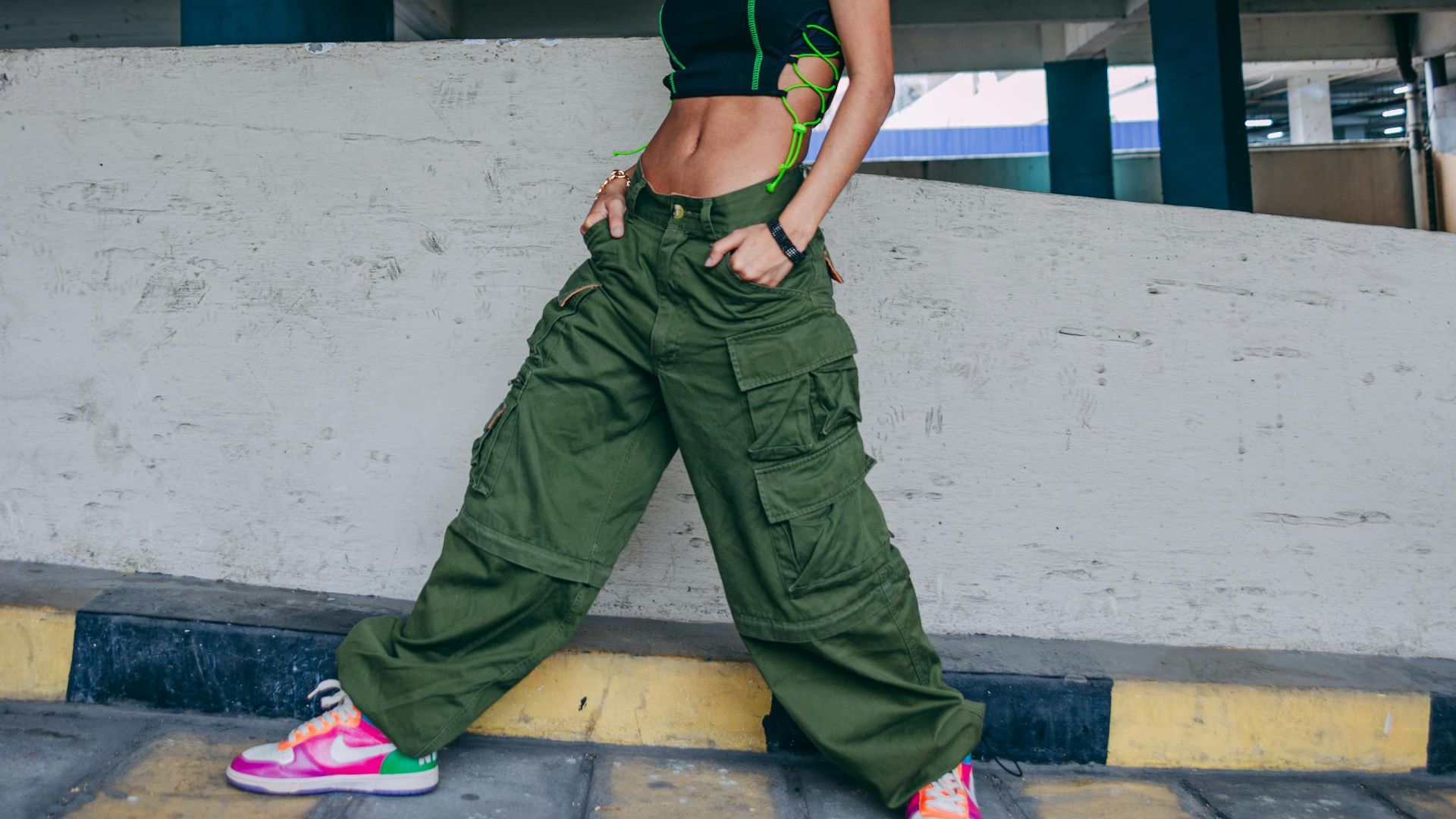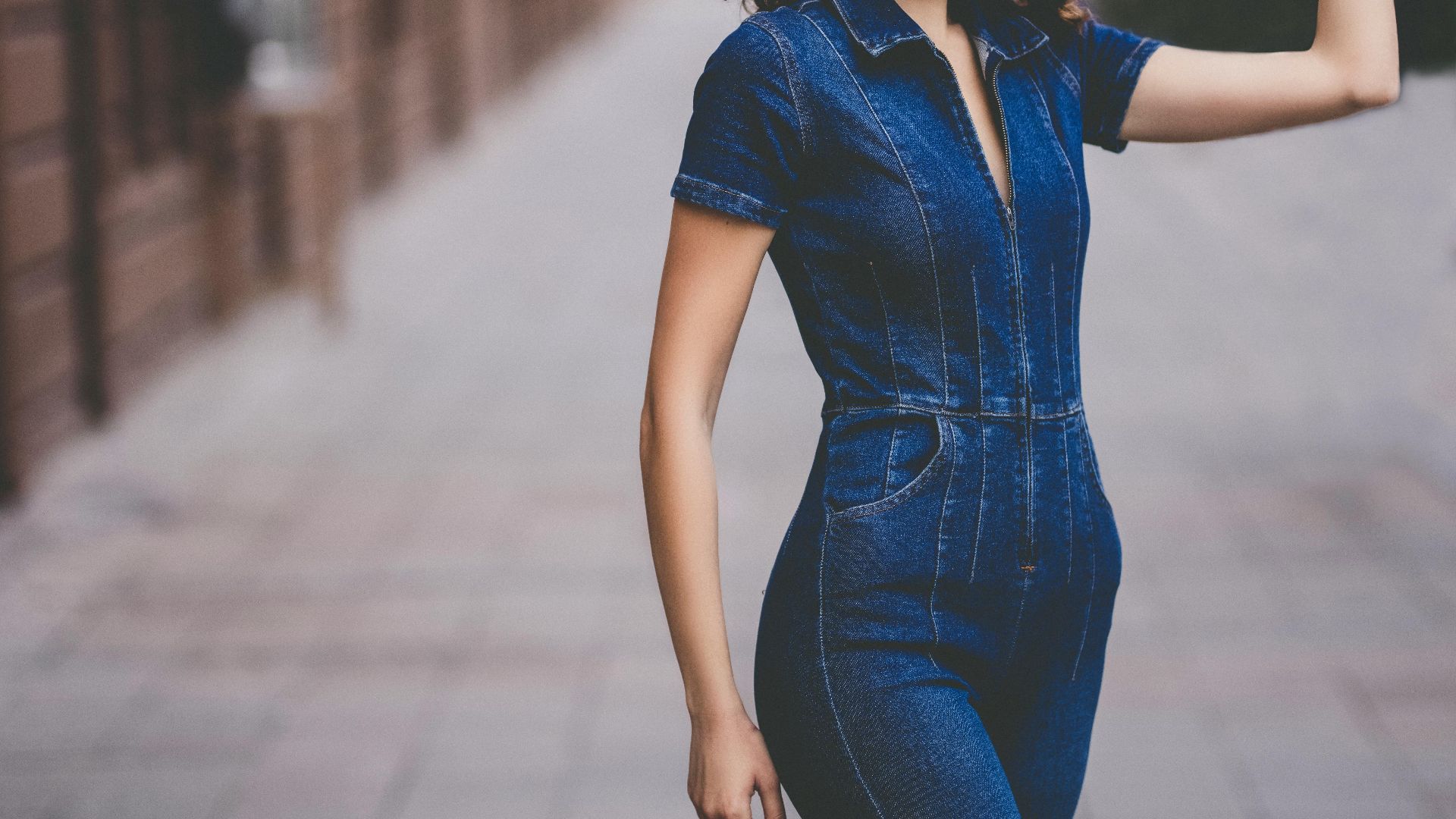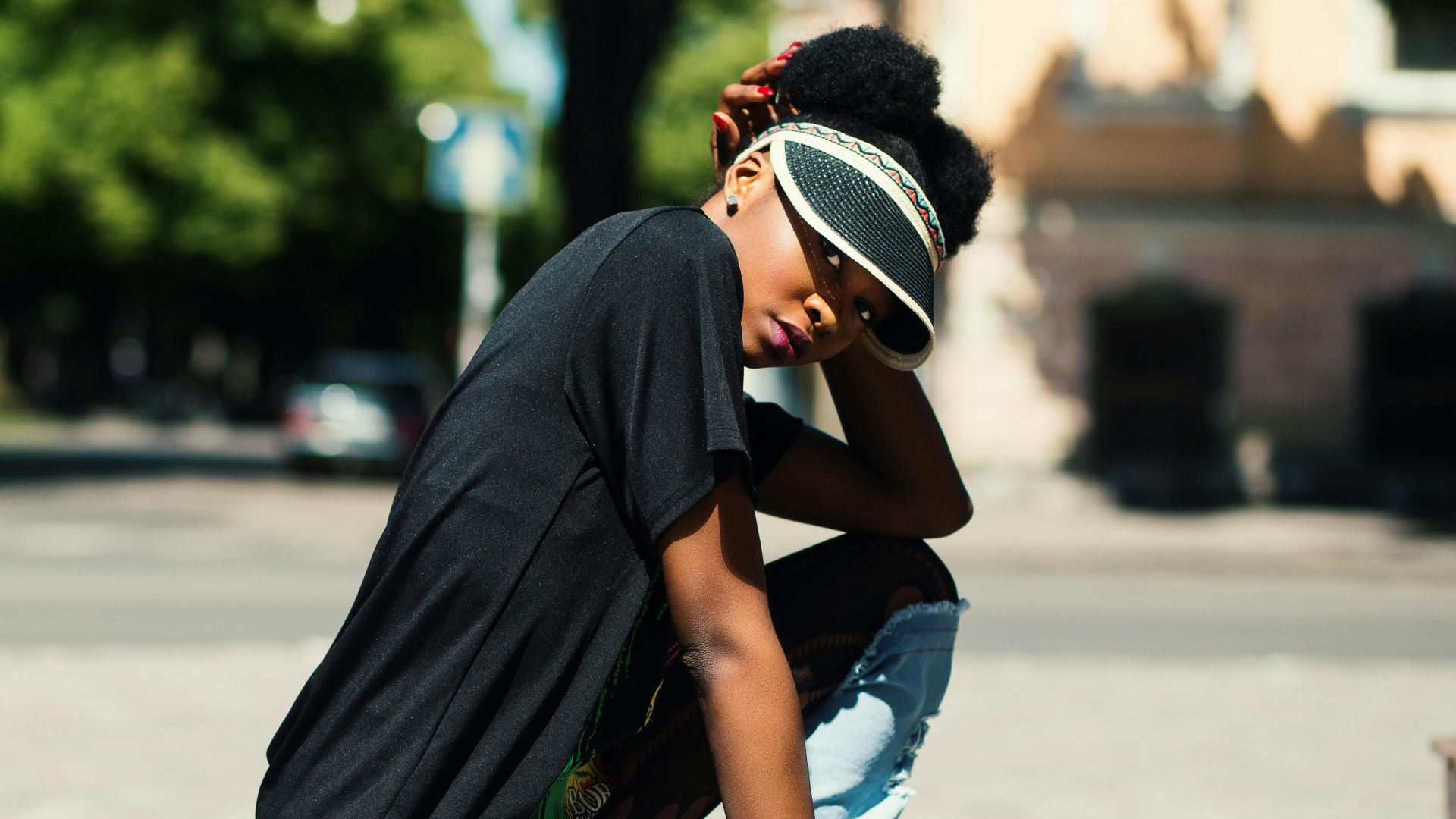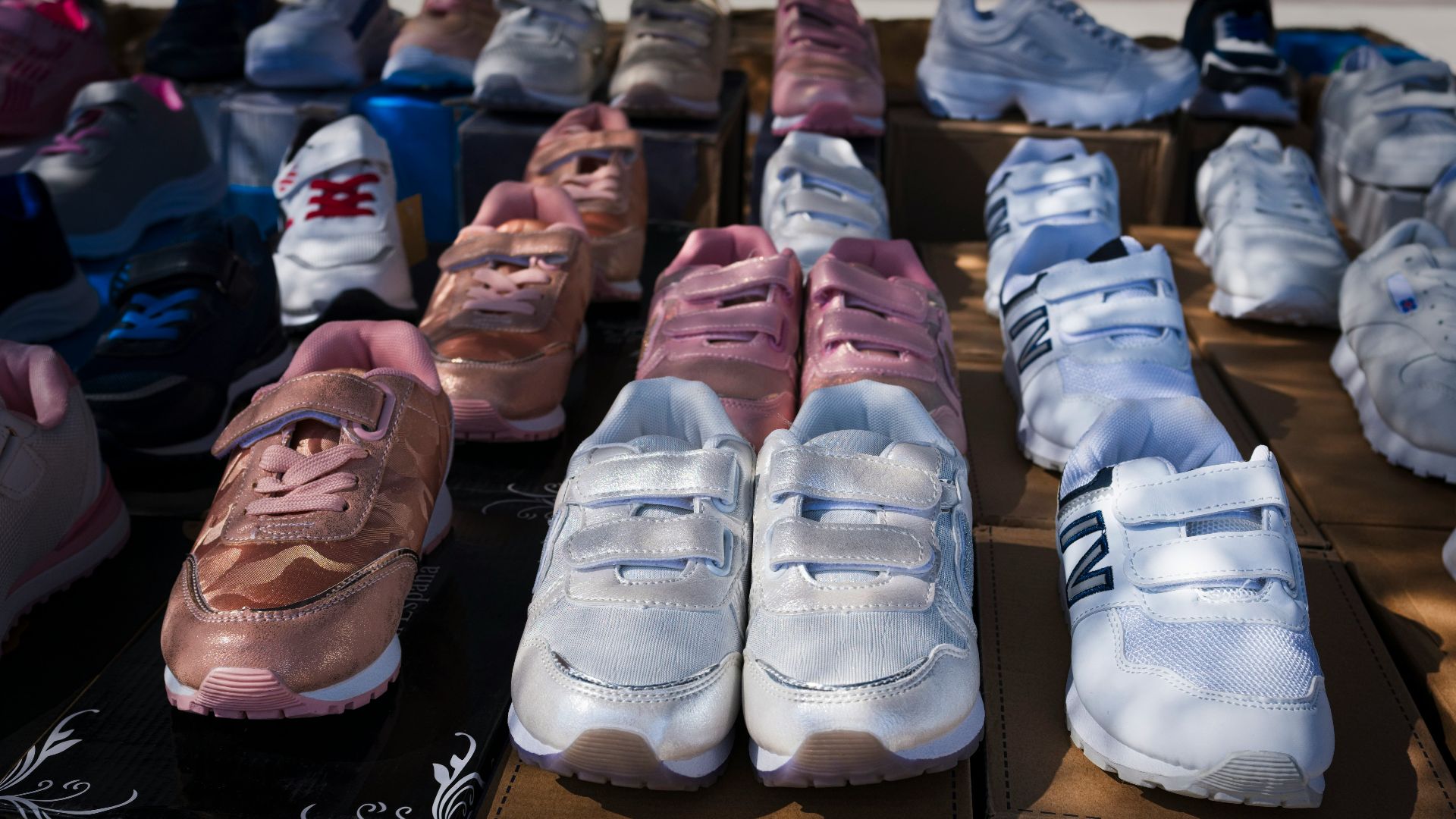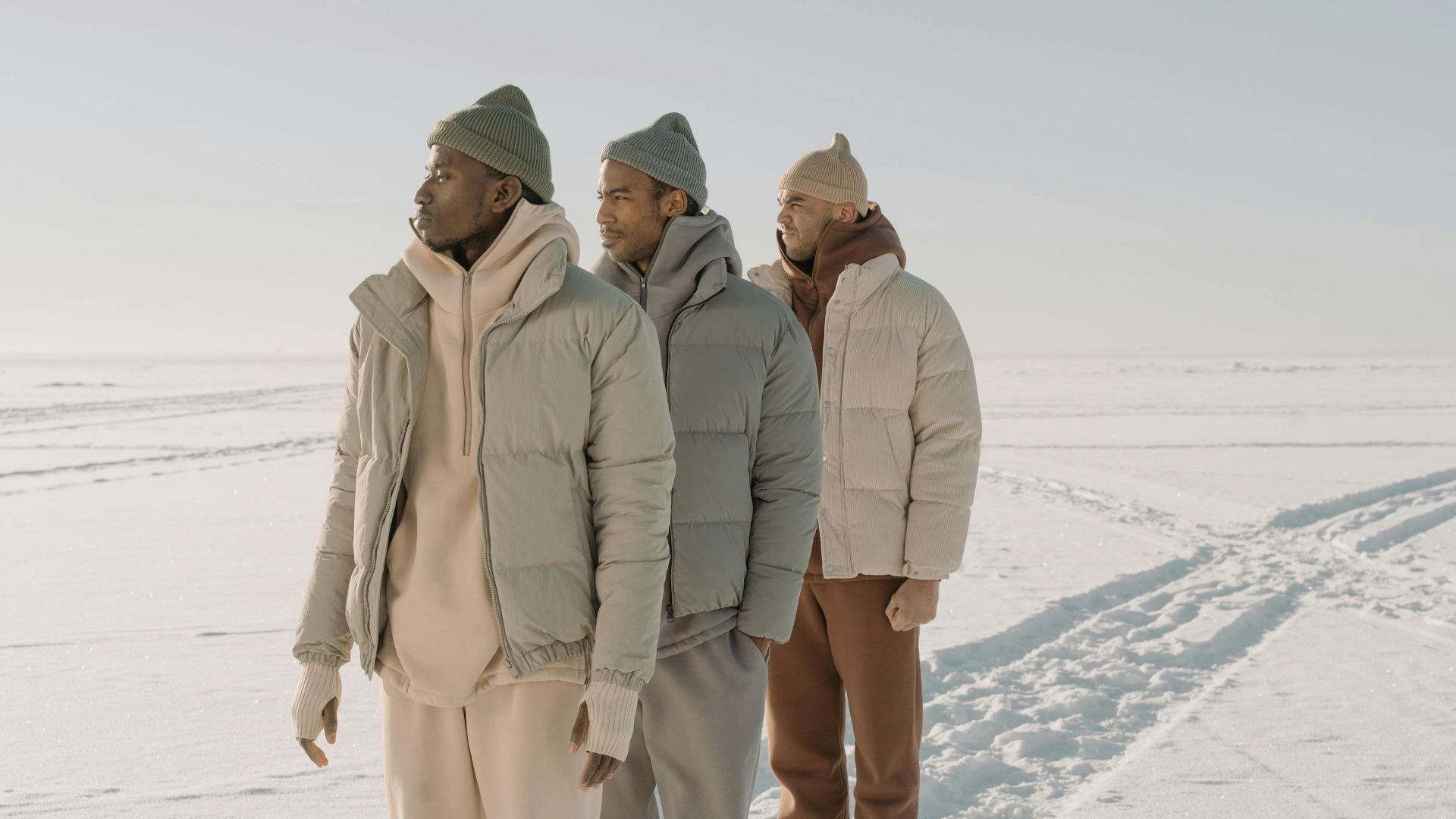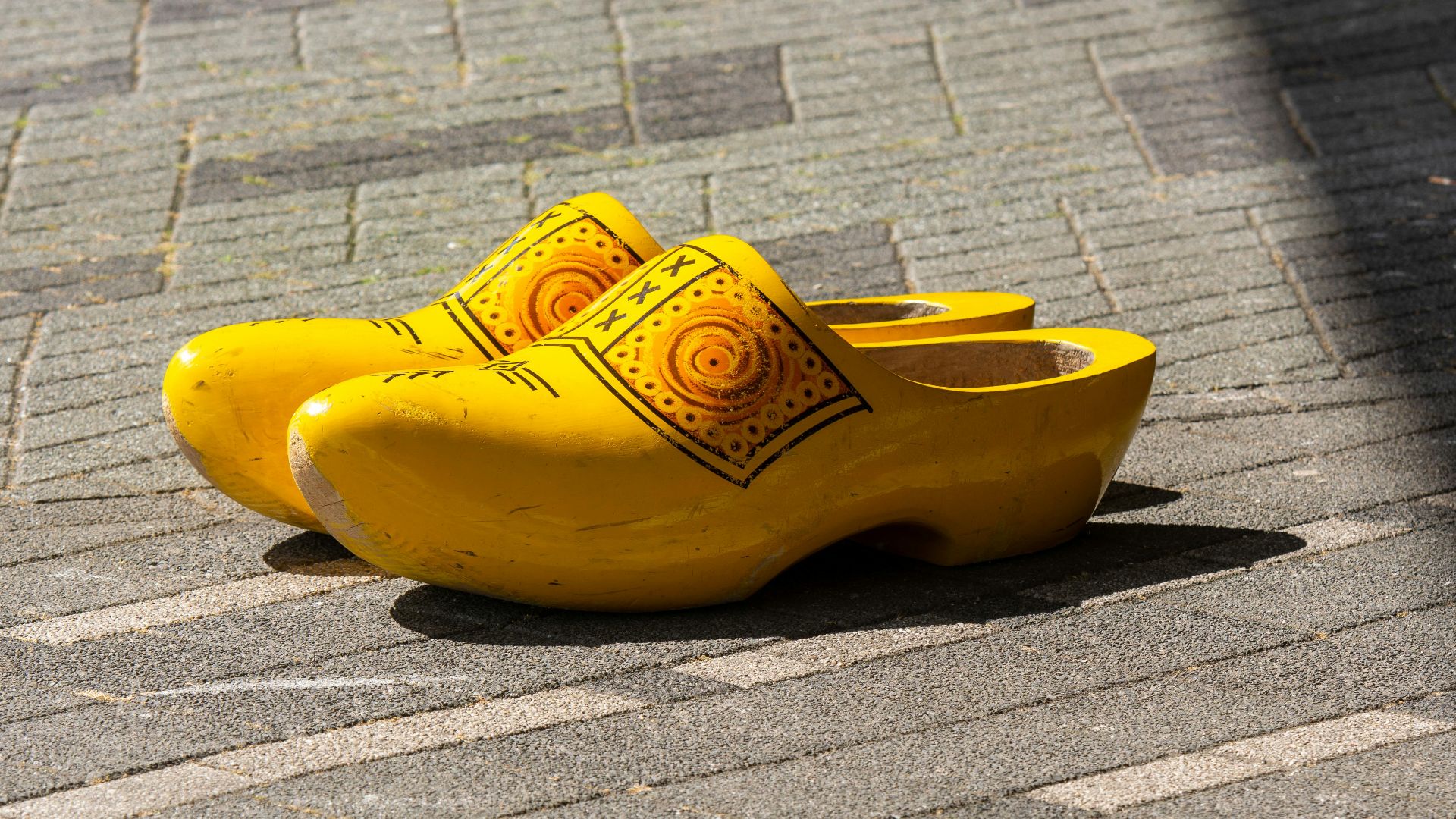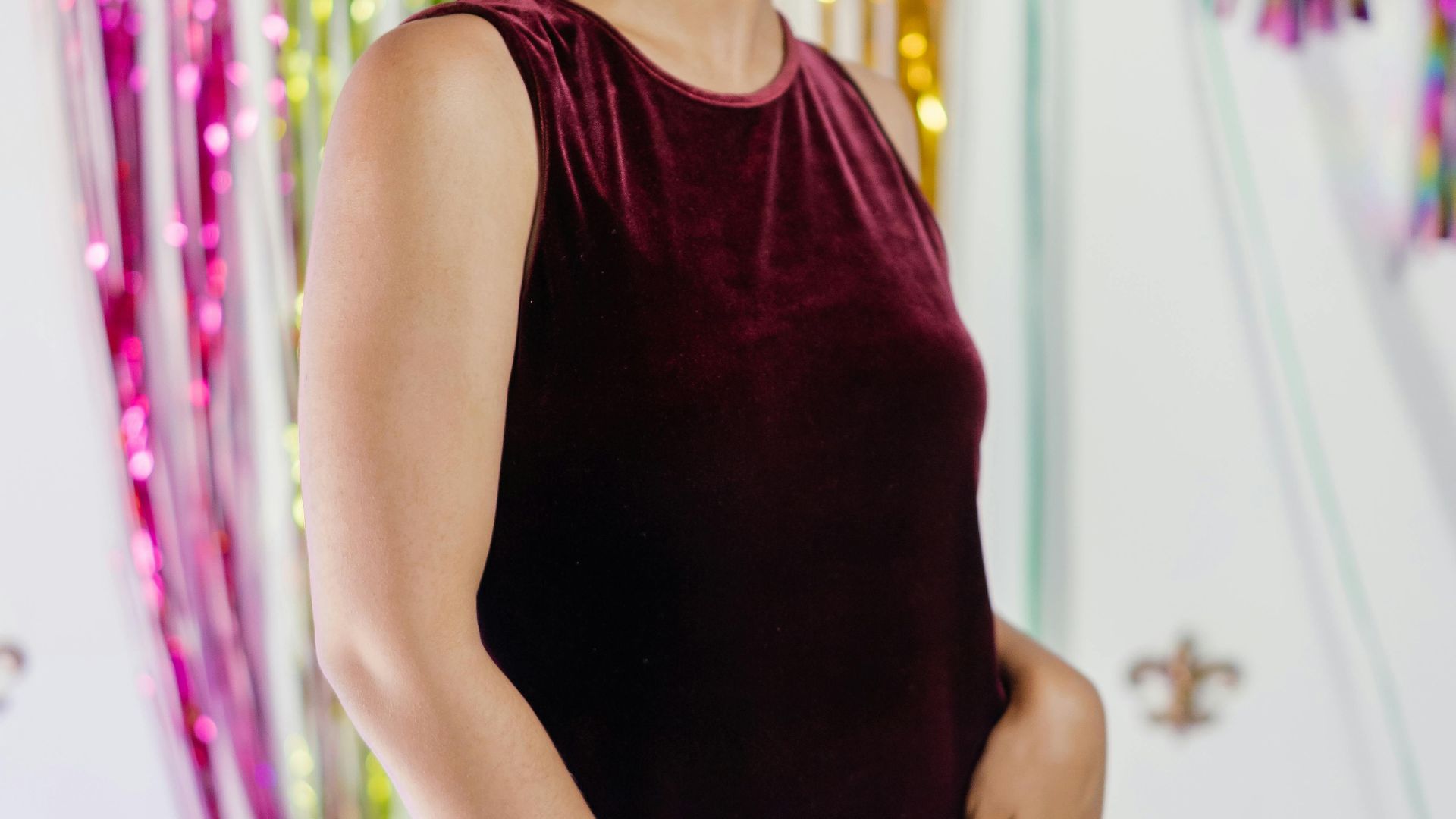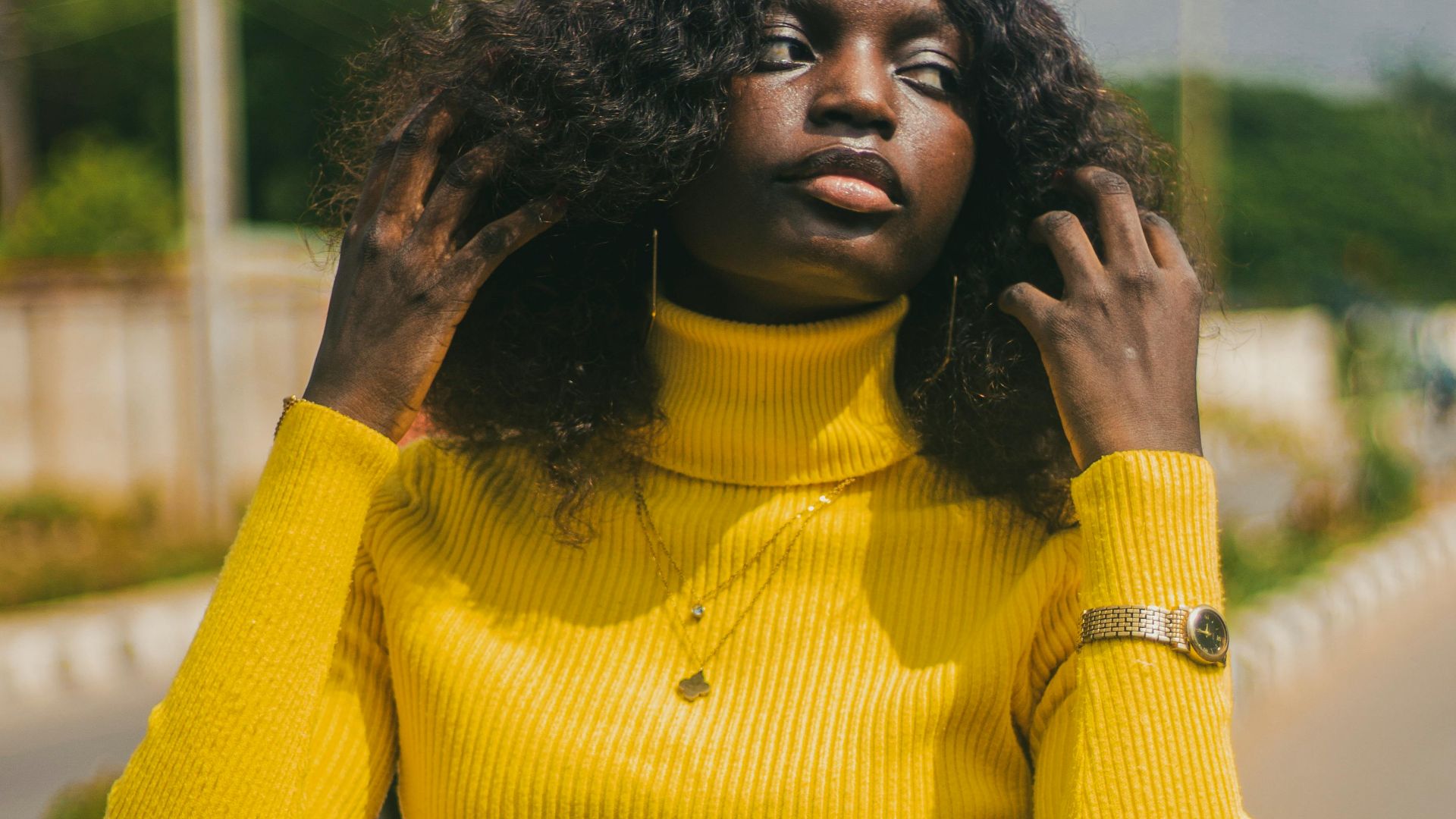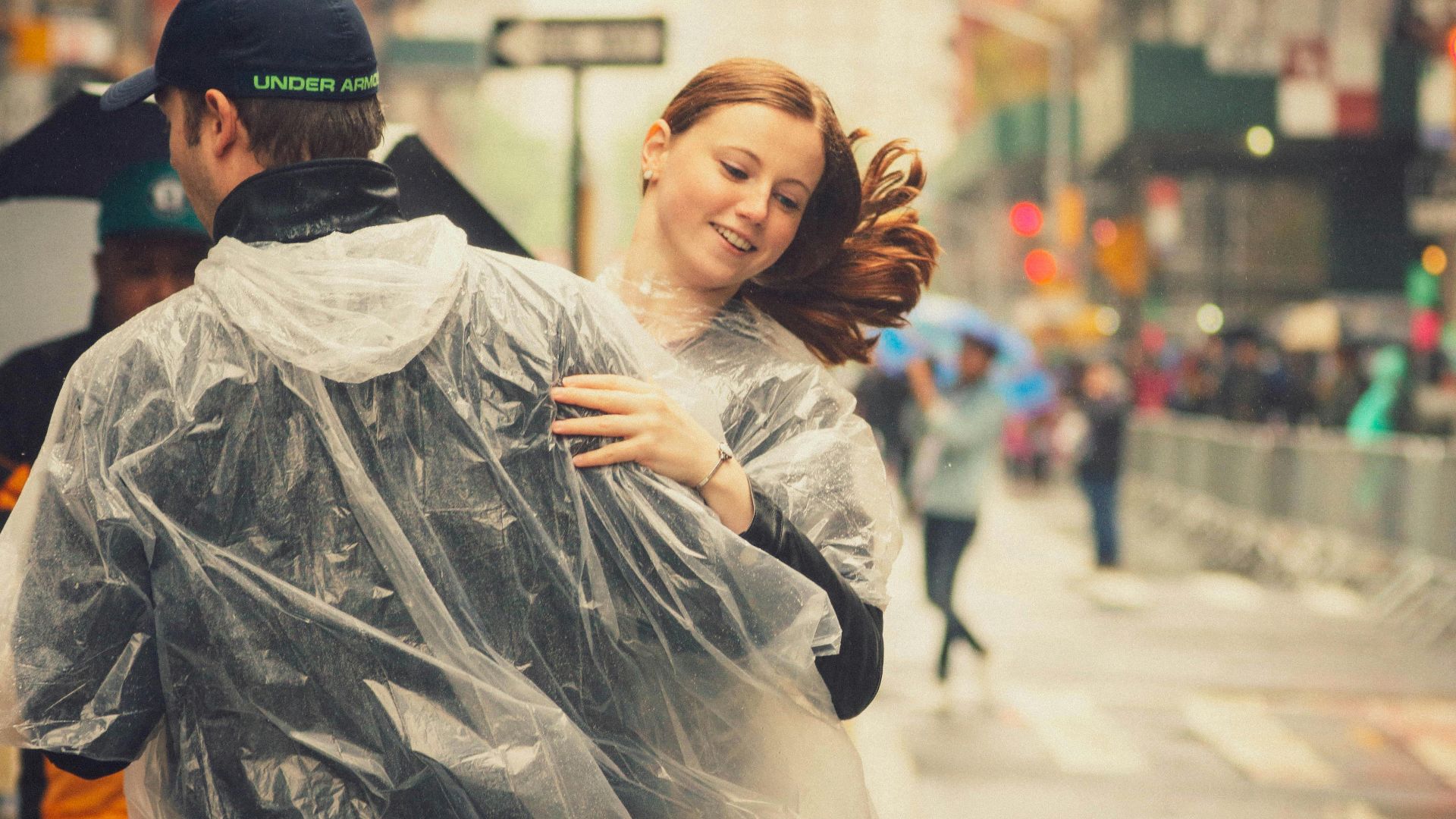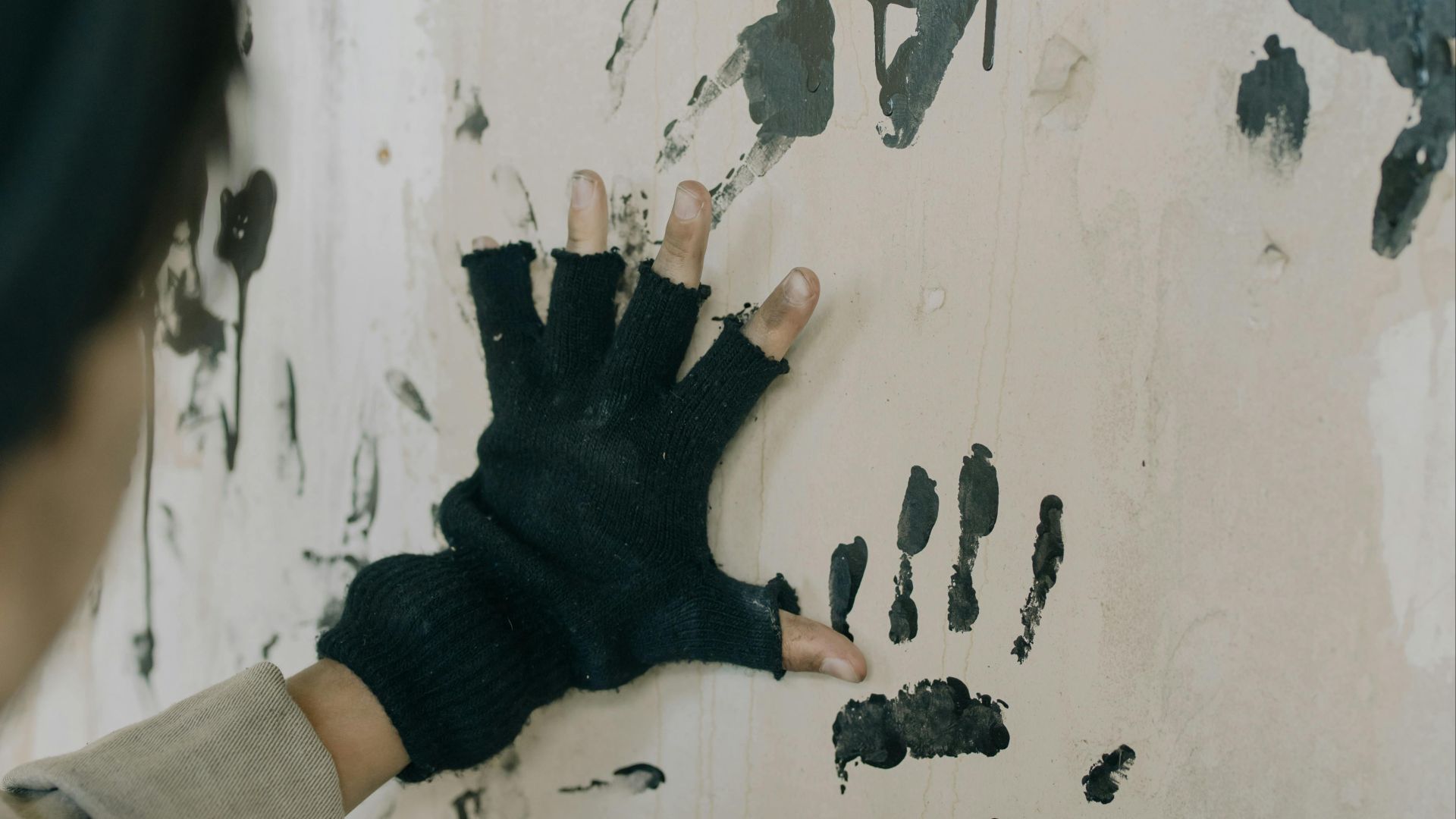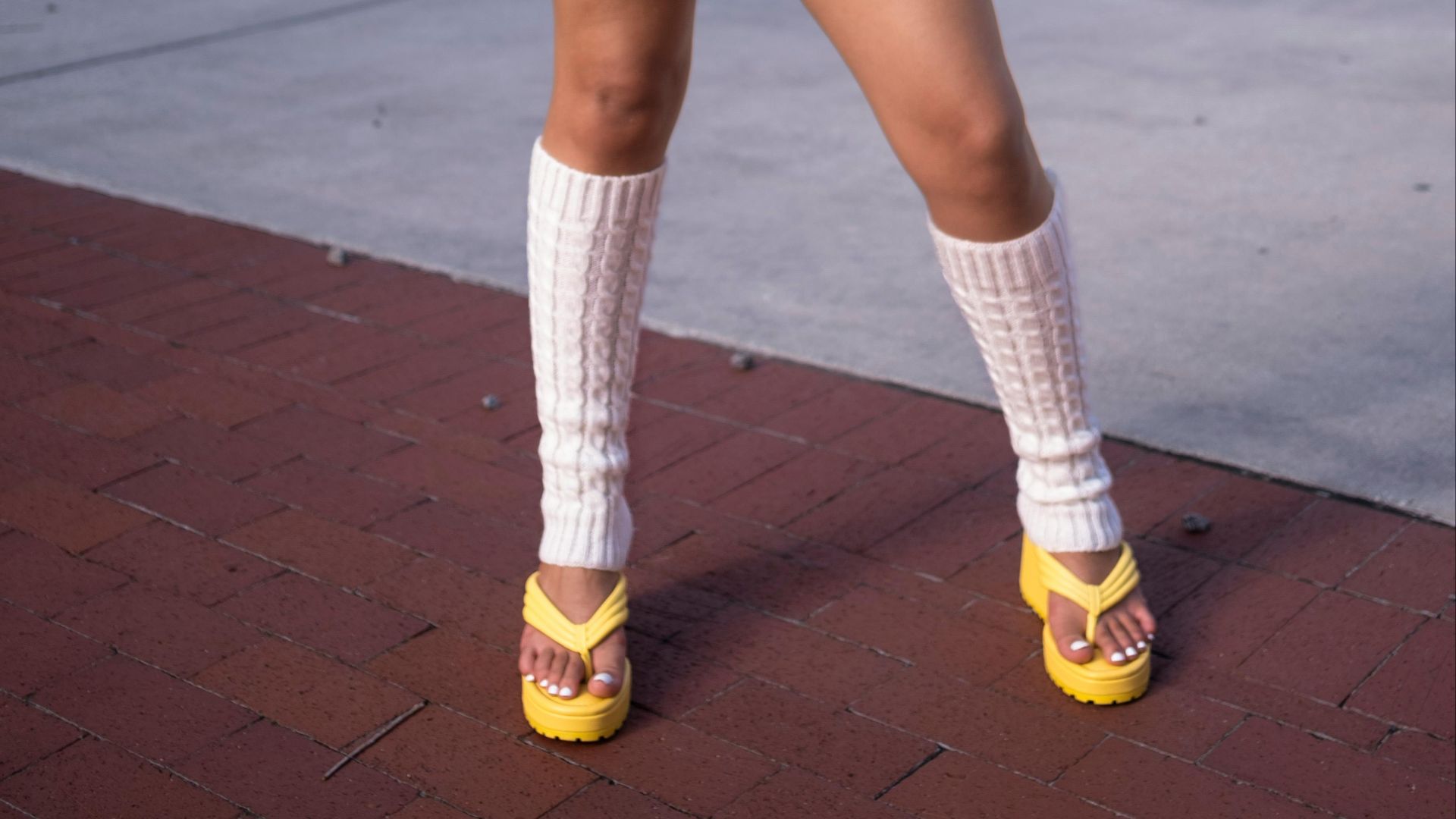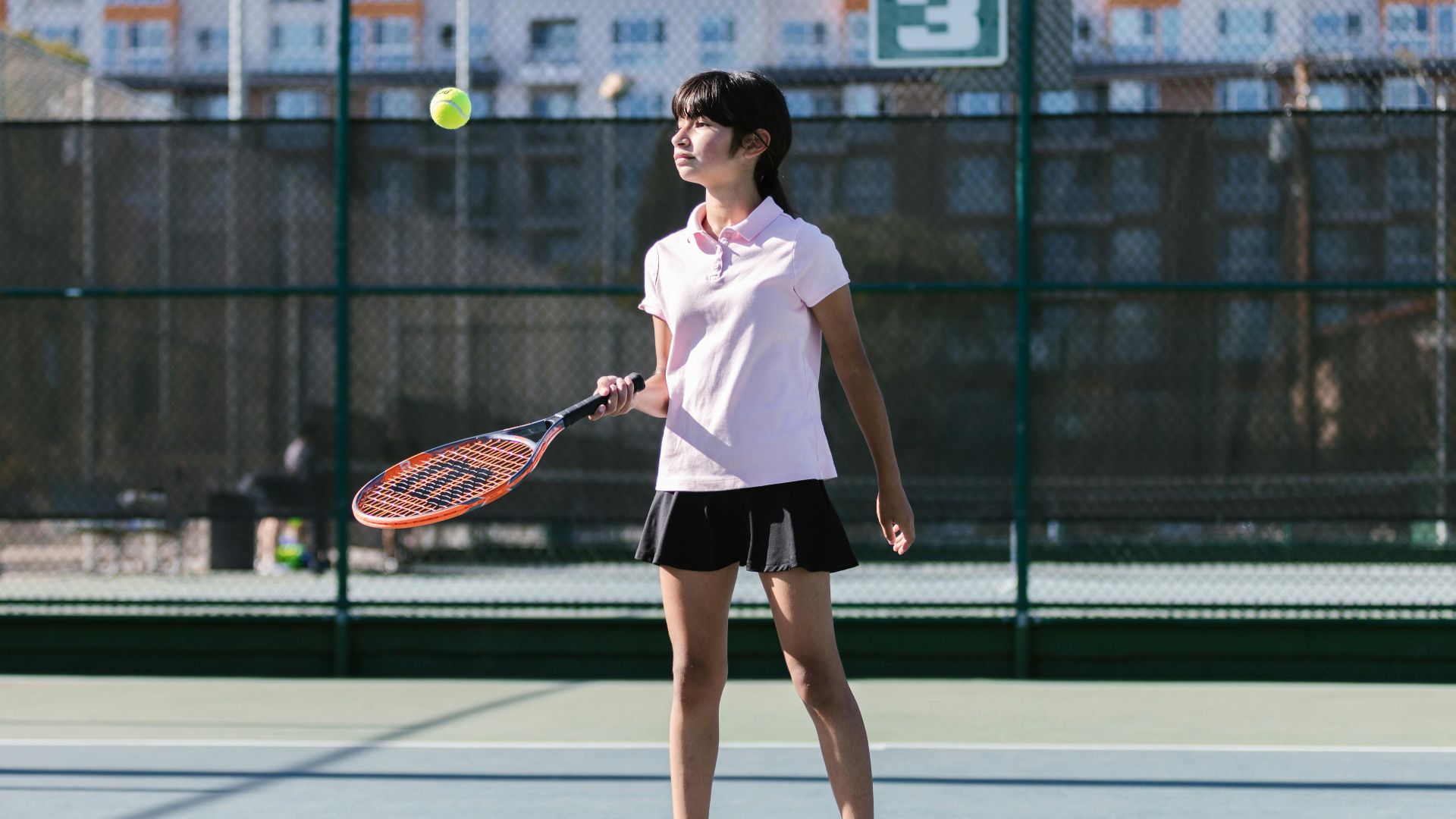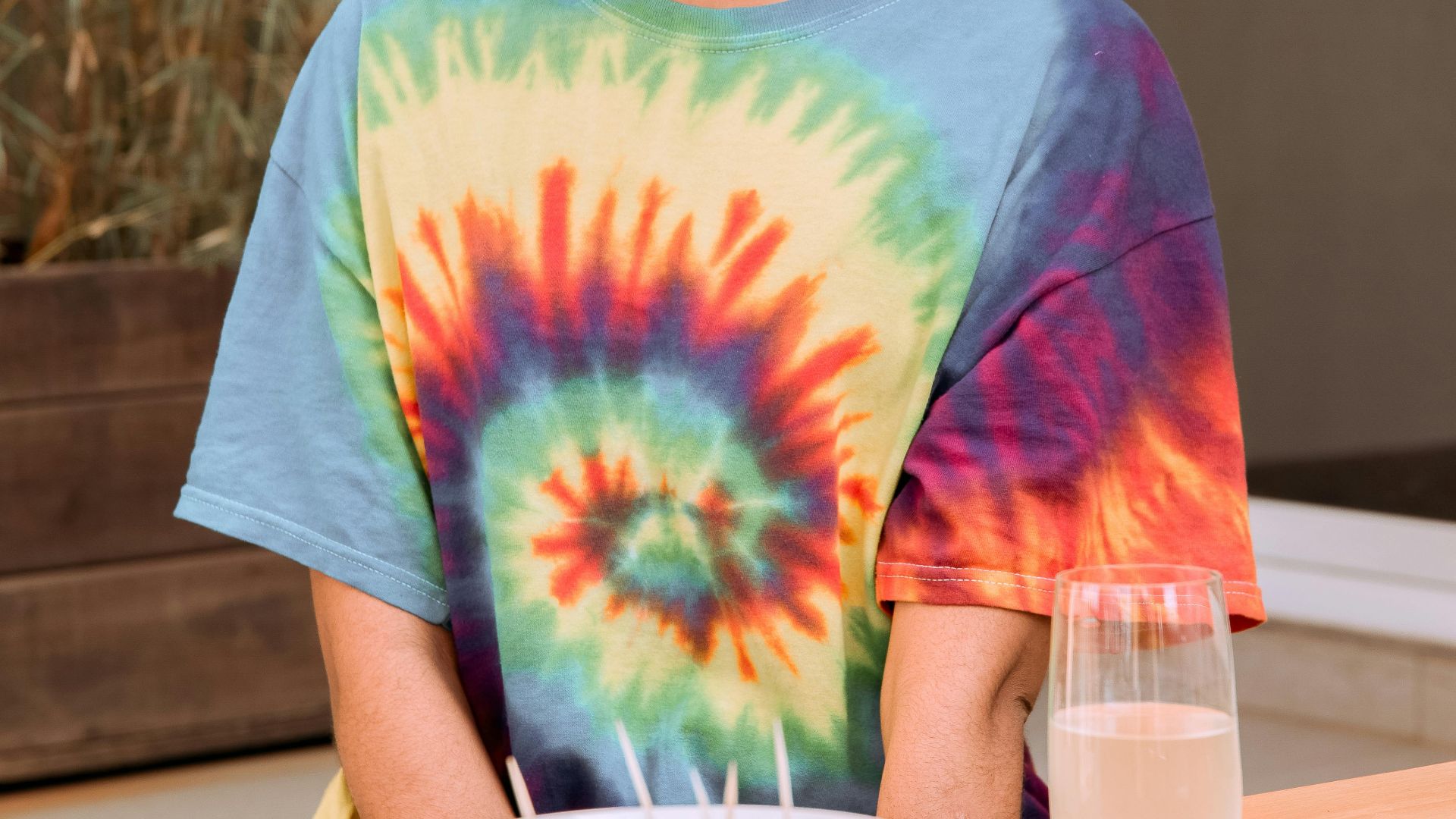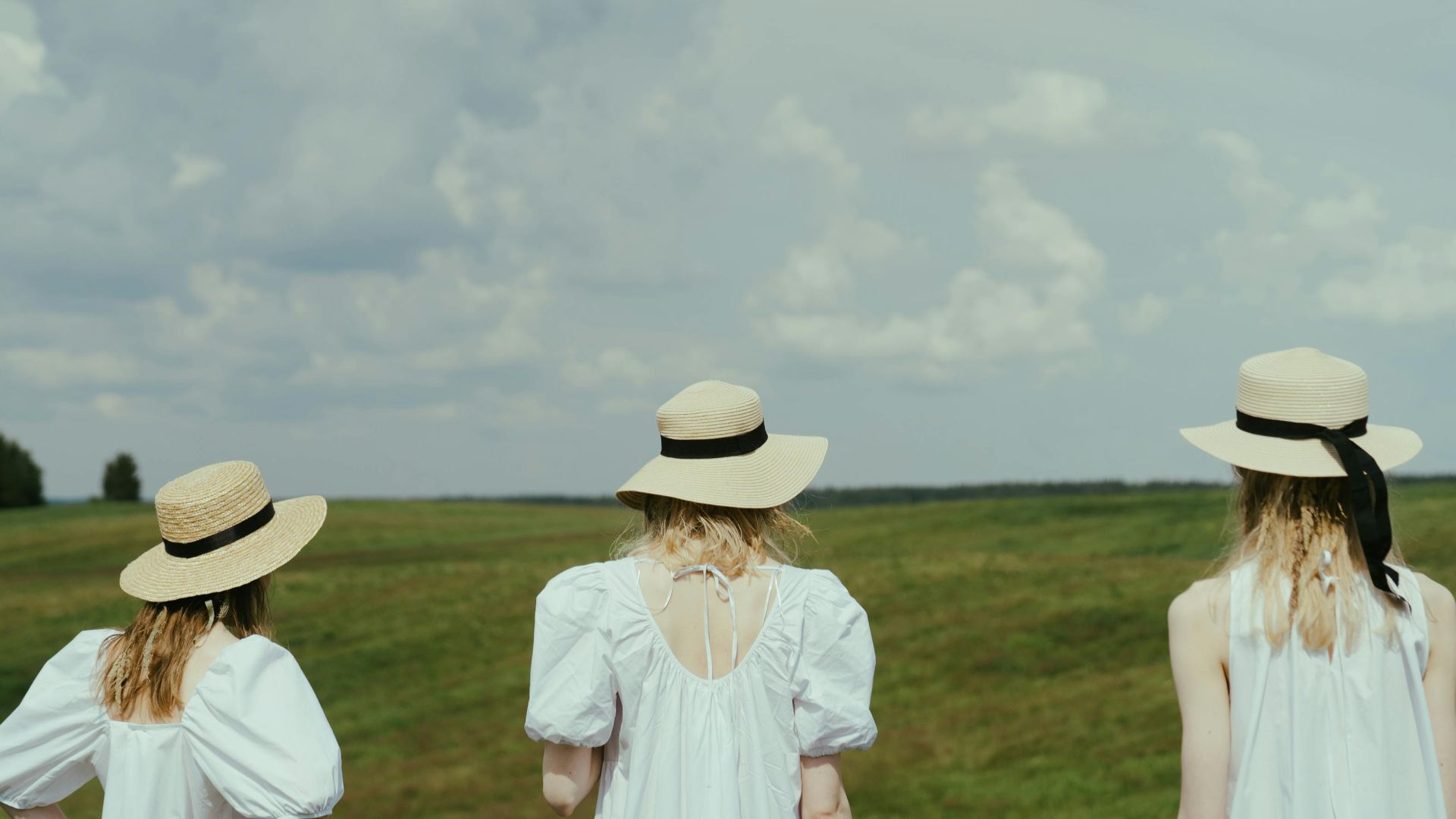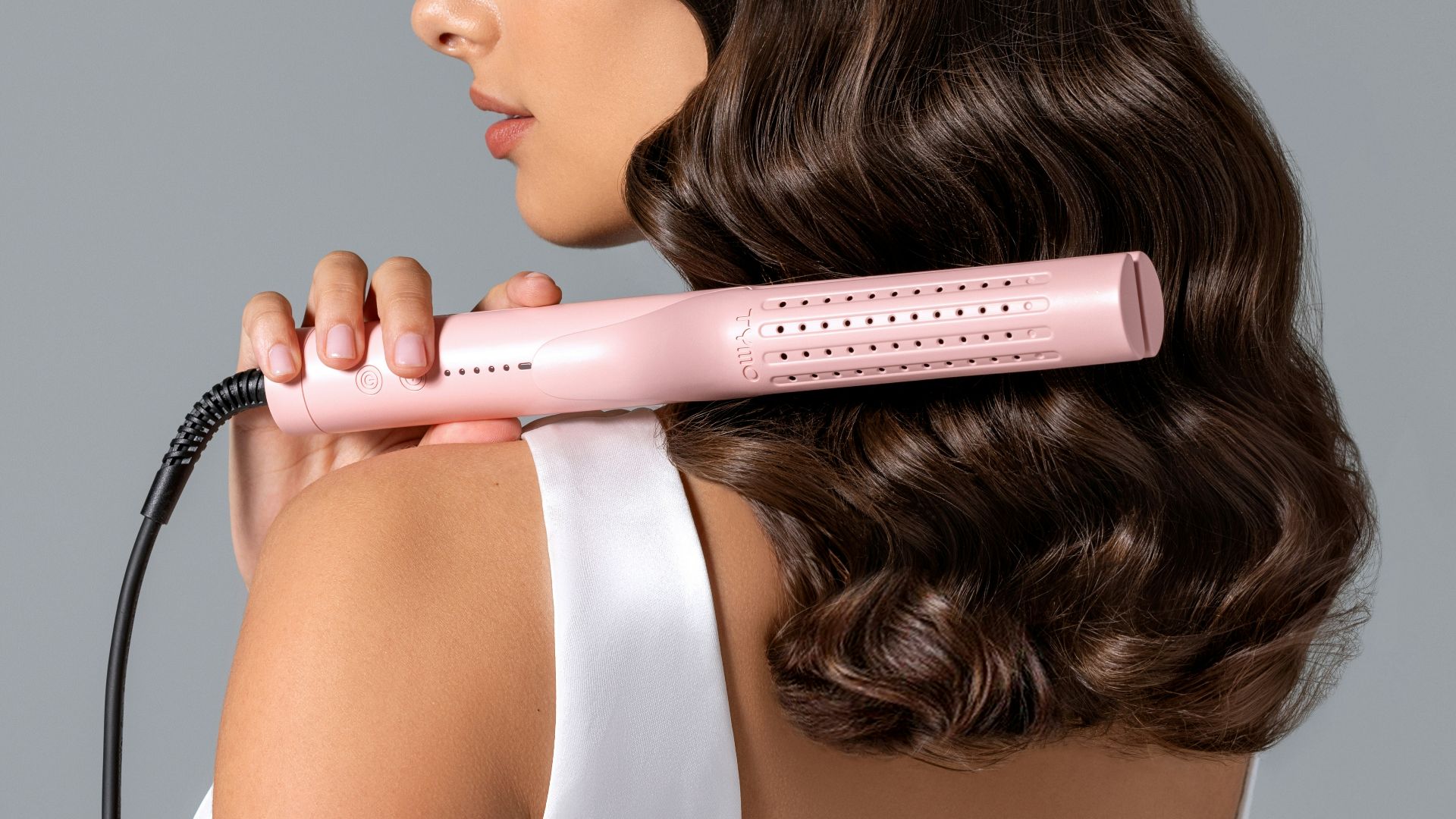Functional Fashion
Back then, it looked like rebellion. Or laziness. Or just a weird choice someone forgot to rethink. It turns out that the trends we mocked actually made life a little easier, as people continued to wear them out of habit, comfort, and sheer convenience. Some even solved problems we didn’t know we had. So, here are 20 fashion trends that have stuck around for all the right reasons.
1. Crocs
The Balenciaga collaboration that sent fashion critics into overdrive highlighted what healthcare workers already knew. Made from antimicrobial Croslite foam, these 2002 boating shoes feature non-slip soles that handle wet hospital floors and greasy restaurant kitchens better than traditional footwear.
2. Fanny Packs
Military tactical gear proves the concept: when you need quick access to essential items while keeping hands free, belt-mounted storage wins. The mockery faded the moment luxury brands rebranded them as "belt bags," emphasizing their core functionality of accessible storage.
3. Bucket Hats
These hats shield the face, ears, and neck from UV damage while folding flat for easy storage, making them invaluable for WWII soldiers in tropical climates. Their practical design prevents sweat from dripping into the eyes during activity, especially golf.
4. Birkenstocks
Nearly 250 years of German shoemaking expertise culminated in footwear that podiatrists actively recommend. The cork-latex footbeds mold to the individual's foot shape, providing personalized arch support. This helps reduce joint pressure during extended standing periods while maintaining a classy appearance.
5. Overalls
One garment solving multiple problems explains their century-long popularity among railroad workers, miners, and farmers. Runway designers like Ganni and Stella McCartney now showcase what blue-collar workers have always understood: sometimes the most practical solution is also the most elegant.
6. Cargo Pants
Y2K fashion revival brought cargo pants back from fashion purgatory. British military uniforms in 1938 introduced the extra thigh pockets for essential gear access without removing backpacks. Water-resistant ripstop fabric handles outdoor conditions while providing hands-free storage that backpackers depend on.
7. Denim Jumpsuits
Did you know that mechanics often choose denim jumpsuits for their full-body coverage? The one-piece design eliminates the need for morning outfit decisions. Plus, denim's durability withstands wear that destroys separates. Celebrities like Gigi Hadid and Zendaya are often seen rocking these.
8. Visors
Tennis players and lifeguards discovered the perfect compromise between sun protection and ventilation decades ago. Unlike full hats that trap heat, visors shield faces from UV and also allow airflow to prevent overheating during intense activity. It has an adjustable mesh construction.
9. Velcro Shoes
Dismissing Velcro as "childish" ignores its revolutionary accessibility for people with mobility, vision, or grip limitations. The secure, even pressure distribution prevents tight spots that laces create, making them essential in orthopedic and work footwear. Nike and Reebok offer some sleek designs.
10. Puffer Jackets
Eddie Bauer's hypothermia scare led to insulation technology that saves lives in extreme cold. Down and synthetic fills trap body heat, rendering them essential for alpine expeditions and arctic environments. The puffy appearance that once seemed ridiculous now graces Balenciaga runways.
11. Clogs
In medieval Europe, workers primarily chose wooden-soled shoes due to their excellent shock absorption and beneficial posture support, which made those grueling workdays somewhat more bearable. Clogs are all about comfort, especially when you’re on your feet all day making a living.
12. Velour Tracksuits
Luxury shouldn't require sacrificing comfort. Well, Juicy Couture's pop culture moment was just marketing, as the real appeal lies in looking presentable while feeling like you're wearing elevated sleepwear. Skims and Ivy Park collections now acknowledge that premium comfort beats performative fashion.
13. Turtlenecks
It is said that the high-neck design originated purely from maritime necessity. Sailors in the 1800s needed wind protection that wouldn't require additional accessories, creating a thermal regulation system that diminished the need for scarves while serving as an important base layer for warmth.
14. Rain Ponchos
Ancient wisdom meets modern efficiency in a single waterproof garment. This piece covers both body and gear simultaneously. Today's eco-friendly versions pack smaller than traditional raincoats and offer better coverage for hikers and festival-goers. These can usually be folded into a small pouch.
15. Fingerless Gloves
Gen Z's revival of fingerless gloves solves the smartphone dilemma. Punk rockers and bikers in the 1970s required hand protection that didn't compromise dexterity for instruments and tools, but modern users need fingertip access for a precise grip during weightlifting.
16. Leg Warmers
Injury prevention trumps fashion when your career depends on muscle flexibility. Dancers and athletes layer wool, cashmere, and thermal leg warmers between training sessions because pulled muscles can end professional aspirations instantly. Flashdance made them a fitness craze in the 1980s.
17. Skorts
Travel and casual wear benefit from the same versatility that sports originally required. Typically, skorts feature a fabric panel over the front (and sometimes the back) that gives the look of a skirt, while the underlying structure is actually a pair of shorts.
18. Platform Shoes
Biomechanics explains why platform shoes feel better than stilettos despite adding similar height. The sole distributes foot pressure more evenly than pointed heels, reducing pain during extended wear. Disco dancers and the Spice Girls popularized them for adding inches without sacrificing balance.
19. Tie-Dye Shirts
The 2020 lockdown DIY revival demonstrated that sustainable fashion could also serve as a creative outlet during isolation. Water conservation and reduced chemical usage make tie-dye surprisingly eco-friendly compared to solid fabric dyeing processes. Ralph Lauren now sells designer versions of the same.
20. Wide-Brim Hats
Before sunscreen existed, field workers and ranchers made their own wearable SPF protection. Harry Styles, Pharrell, and Beyonce wear them as fashion statements nowadays, but the original design solved life-threatening heat exposure in agricultural work. Coachella festival-goers appreciate the practical shade.


